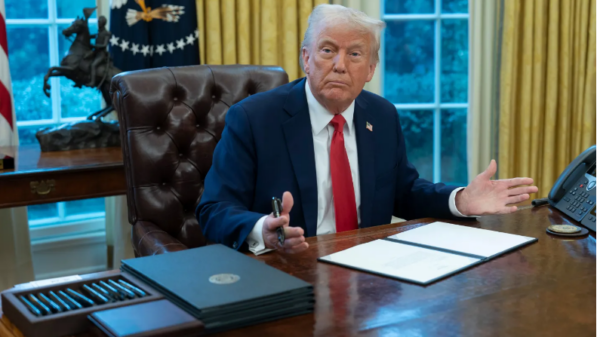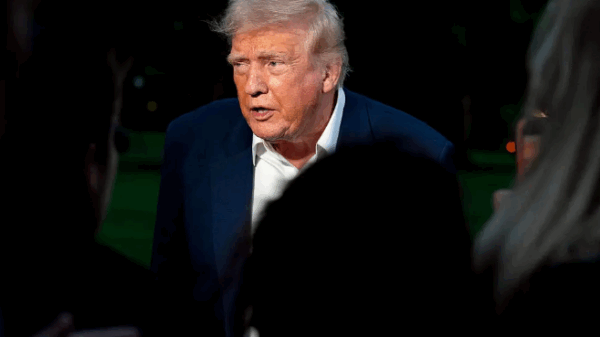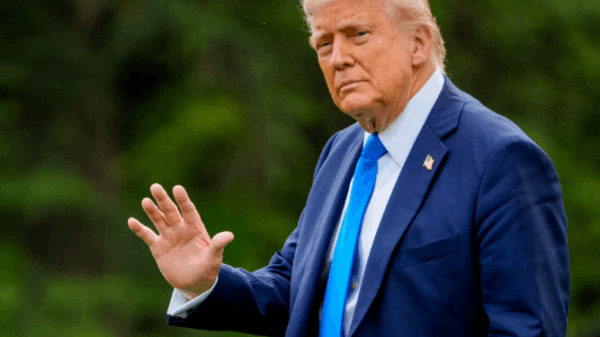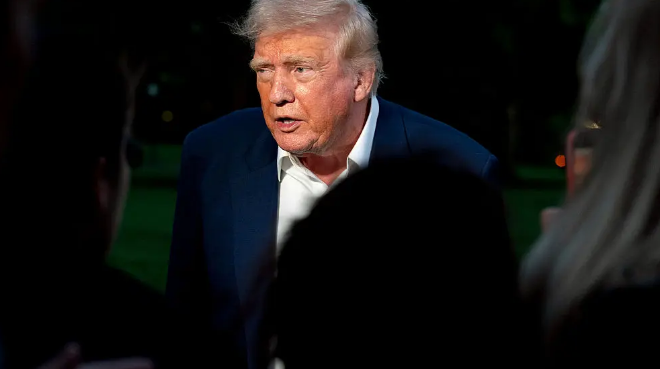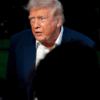President Donald Trump has proposed a sweeping new policy that would impose a 100% tariff on all movies produced outside the United States, declaring the decline of the American film industry a threat to national security.
“The Movie Industry in America is DYING a very fast death,” Trump wrote Sunday night on his social media platform, Truth Social. “Other countries are offering all sorts of incentives to draw our filmmakers and studios away… This is a concerted effort by other Nations and, therefore, a National Security threat.”
Trump said he has directed the Department of Commerce and the Office of the U.S. Trade Representative to begin the process of implementing the tariffs. “WE WANT MOVIES MADE IN AMERICA, AGAIN!” he wrote.
The proposal marks an escalation in Trump’s long-standing use of tariffs to influence global trade, now extended to the entertainment sector. However, many in the film and trade industries were quick to question both the legality and practicality of the idea.
Commerce Secretary Howard Lutnick responded briefly on X, saying, “We’re on it.” But industry experts say the plan lacks a clear implementation pathway and misunderstands the global nature of filmmaking.
“It’s not the President’s job to know how movies are made,” said entertainment consultant Kathryn Arnold, “but if you understand how interconnected global production and distribution are, it becomes clear this proposal is devastating and nonsensical.”
Tom Nunan, a lecturer at UCLA’s School of Theater, Film and Television, said the administration appears to believe tariffs on foreign films will bring production back to the U.S. “That’s the theory—but it’s not that simple,” Nunan said.
In practice, determining what constitutes a “foreign” film could prove difficult. Many films today are co-productions across several countries, with scenes shot in multiple locations and financed by international partners. Critics also warn that targeting foreign content could backfire, reducing the variety of films available in the U.S. and damaging the country’s lucrative role as a net exporter of entertainment services.
Trump, speaking to reporters outside the White House on Sunday, doubled down: “Other nations have been stealing the moviemaking capabilities from the United States. Hollywood is being destroyed.”
While there is consensus that U.S. film production has declined—due in part to higher labor costs—experts suggest a better solution would be to offer tax incentives for domestic production, similar to successful programs already in place in states like Georgia and New Mexico.
The Office of the U.S. Trade Representative has noted that services like film are not traditionally subject to tariffs, though they can face other barriers. Critics fear that such a policy could also lead to censorship or reduced media freedom, as seen in tightly controlled markets like China.
As of now, the administration has released no timeline or regulatory framework for the proposed tariffs.



